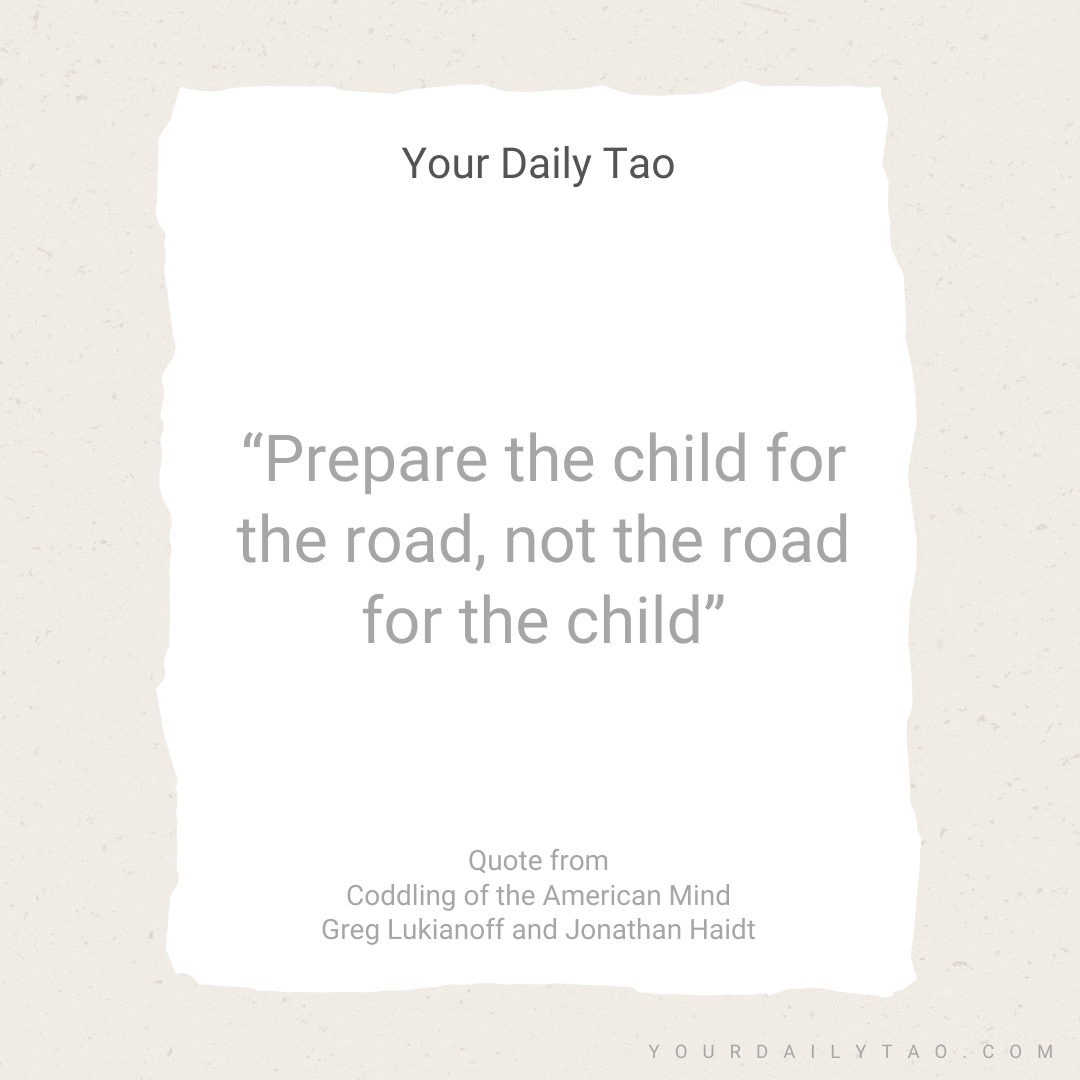Learning new things requires patience and the ability to listen to other people. The Internet and social media, however, are making us less social and more confrontational. Online, as in life, people are clustering into small echo chambers, preferring only to talk to those with whom they already agree. The writer Bill Bishop called this “the big sort” in a 2008 book, noting that Americans now choose to live, work, and socialize more with people like themselves in every way. The same thing happens on the Internet. We’re not just associating with people more like ourselves, we’re actively breaking ties with everyone else, especially on social media. A 2014 Pew research study found that liberals are more likely than conservatives to block or unfriend people with whom they disagreed, but mostly because conservatives already tended to have fewer people with whom they disagreed in their online social circles in the first place. (Or as a Washington Post review of the study put it, conservatives have “lower levels of ideological diversity in their online ecosystem.”) 18 Liberals were also somewhat more likely to end a friendship over politics in real life, but the overall trend is one of ideological segregation enabled by the ability to end a friendship with a click instead of a face-to-face discussion. This unwillingness to hear out others not only makes us all more unpleasant with each other in general, but also makes us less able to think, to argue persuasively, and to accept correction when we’re wrong. When we are incapable of sustaining a chain of reasoning past a few mouse clicks, we cannot tolerate even the smallest challenge to our beliefs or ideas. This is dangerous because it both undermines the role of knowledge and expertise in a modern society and corrodes the basic ability of people to get along with each other in a democracy.
While the internet was supposed to be able to better connect people of all types, ideologies and countries, it has instead helped us connect with people whom we already agree with. This can be dangerous, as we slowly lose the ability to peacefully disagree with people and accept differences. It corrodes democracy, and moves the political landscape into extremes.
Whether we should be blaming the internet companies for it, I do not know or think its fair. Ultimately, most algorithms were built based on our very own human psychology. The fact that we tend to group ourselves in silos and break ties with others is a common behaviour and the internet is just a catalyst of that. While society might need more thoughtful internet products and platforms, we the users have to be more careful about entering into echo chambers.



